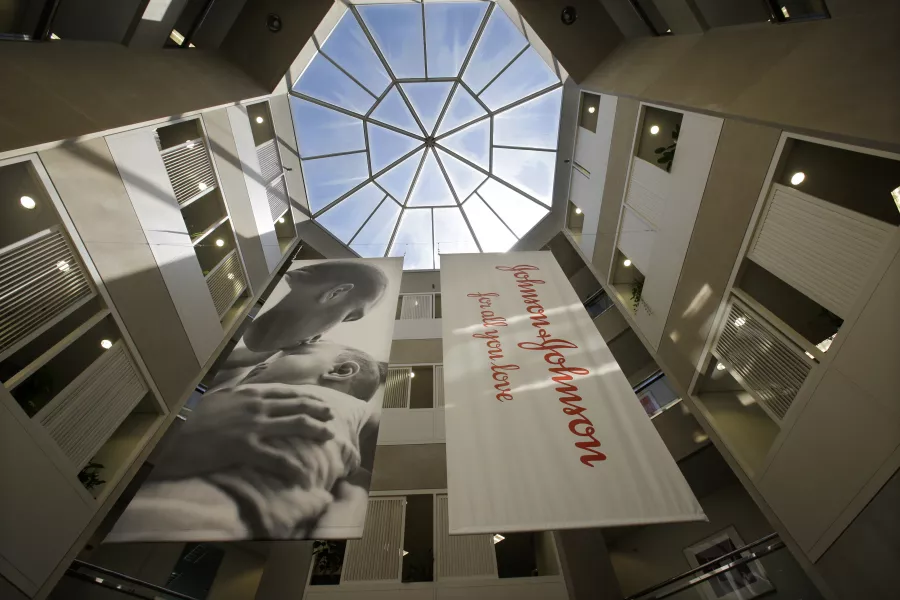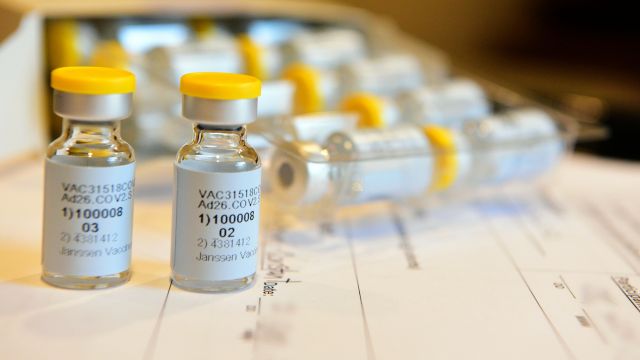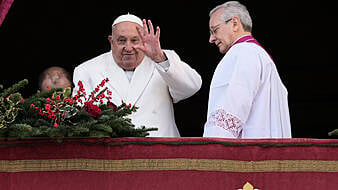The study starting on Wednesday will be one of the world’s largest coronavirus vaccine so far, testing the shot in 60,000 volunteers in the US, South Africa, Argentina, Brazil, Chile, Colombia, Mexico and Peru.
A handful of other vaccines are already in final-stage testing and hopes are high that answers about at least one of the candidates being tested in the US could come by the end of the year, if not sooner.

American health officials insist the race for a vaccine is not cutting corners.
Dr Francis Collins, director of the National Institutes of Health, said: “We want to do everything we can without sacrificing safety or efficacy – we’re not going to do that – to make sure that we end up with vaccines that are going to save lives.”
Many vaccine specialists question whether the Food and Drug Administration (FDA) will stick to that goal under intense pressure.
US President Donald Trump has consistently presented a faster timeline for a new vaccine than experts say is adequate to fully test the candidates.
I will put the interest of the American people above anything else
Washington state Democratic senator Patty Murray said “President Trump is still trying to sabotage the work of our scientists and public health experts for his own political ends”, before ticking off examples of pressure on the FDA.
FDA commissioner Stephen Hahn pledged scientists, not politicians, will decide whether any coronavirus vaccine meets clearly stated standards that it works and is safe.
“Science will guide our decisions,” he said.
“FDA will not permit any pressure from anyone to change that.
“I will put the interest of the American people above anything else.”
Meanwhile, testing of still another experimental vaccine, made by AstraZeneca, remains on hold in the US as officials examine a safety question, even though studies have resumed in other countries.
Earlier this week, Vice-President Mike Pence urged state governors to “do your part to build public confidence that it will be a safe and effective vaccine”.
Dr Anthony Fauci, the top US infectious disease expert, added in the call to governors that he is confident in “a tried and true process” that has checks and balances built in.
This includes an independent board evaluating the progress of each vaccine trial, as well as “the integrity of the FDA”.
Senators are scheduled to question FDA commissioner Stephen Hahn, Mr Fauci and other administration officials later on Wednesday about the pandemic response.
Even if the FDA was to allow emergency use of a vaccine by year’s end, supplies would be limited and given first to vulnerable groups such as health workers.
Most are not likely to receive a vaccine until sometime next year.
J&J’s vaccine is made with slightly different technology than others in late-stage testing, modelled on an Ebola vaccine the company created.
Unlike the other three vaccines that started late-stage testing in the US, it requires only one shot, not two.
Despite a later start to testing than some of its competitors, Dr Paul Stoffels, J&J’s chief scientific officer, told reporters the study is large enough to yield answers possibly by early next year.







